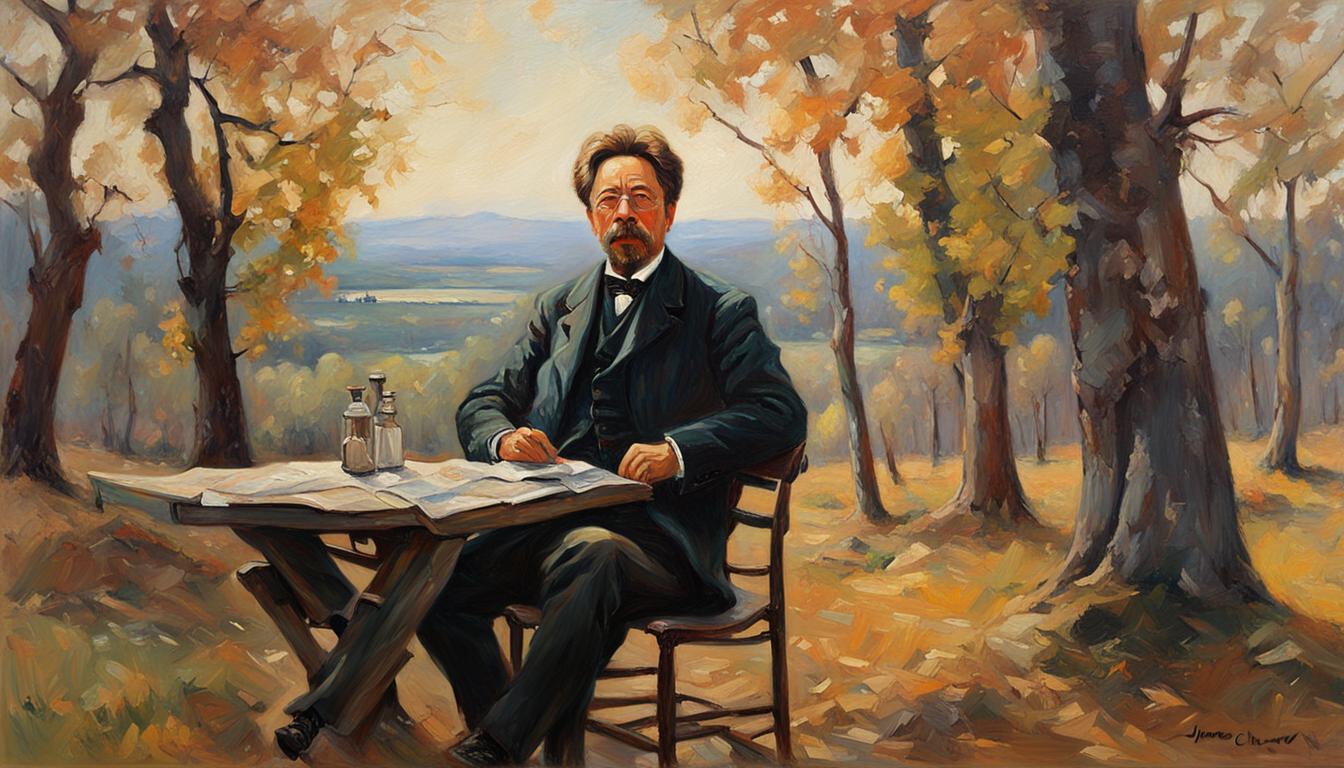Anton Chekhov

Anton Pavlovich Chekhov (1860-1904) was a Russian physician, dramatist, and author who is considered to be one of the greatest writers of short stories in history. He was born in Taganrog, a port town on the Sea of Azov in southern Russia, into a family of a grocery store owner.
Chekhov attended Moscow University, where he studied medicine. During his university years, he began writing humorous short stories and sketches to support his family financially. He continued writing even after graduating and becoming a practicing physician.
In the late 1880s, Chekhov began to produce more serious works, which established him as a leading figure in Russian literature. Some of his most famous short stories from this period include “The Steppe,” “The Duel,” and “Ward No. 6.”
Chekhov was also an accomplished playwright. His most celebrated plays include “The Seagull” (1896), “Uncle Vanya” (1897), “Three Sisters” (1901), and “The Cherry Orchard” (1904). These works are characterized by their subtle, impressionistic depictions of Russian life and their profound insights into the human condition.
Throughout his life, Chekhov struggled with tuberculosis, which ultimately claimed his life at the age of 44. Despite his short life, he left an indelible mark on world literature. His works have been translated into numerous languages and continue to be widely read and performed around the globe.
Chekhov’s writing style is noted for its restraint, objectivity, and deep understanding of the complexities of the human psyche. He often depicted everyday situations and ordinary people, focusing on the details of their lives and the moral ambiguities they faced. His influence on the development of the modern short story and drama is immeasurable, and he remains an iconic figure in Russian literature.
[catlist id=445]









